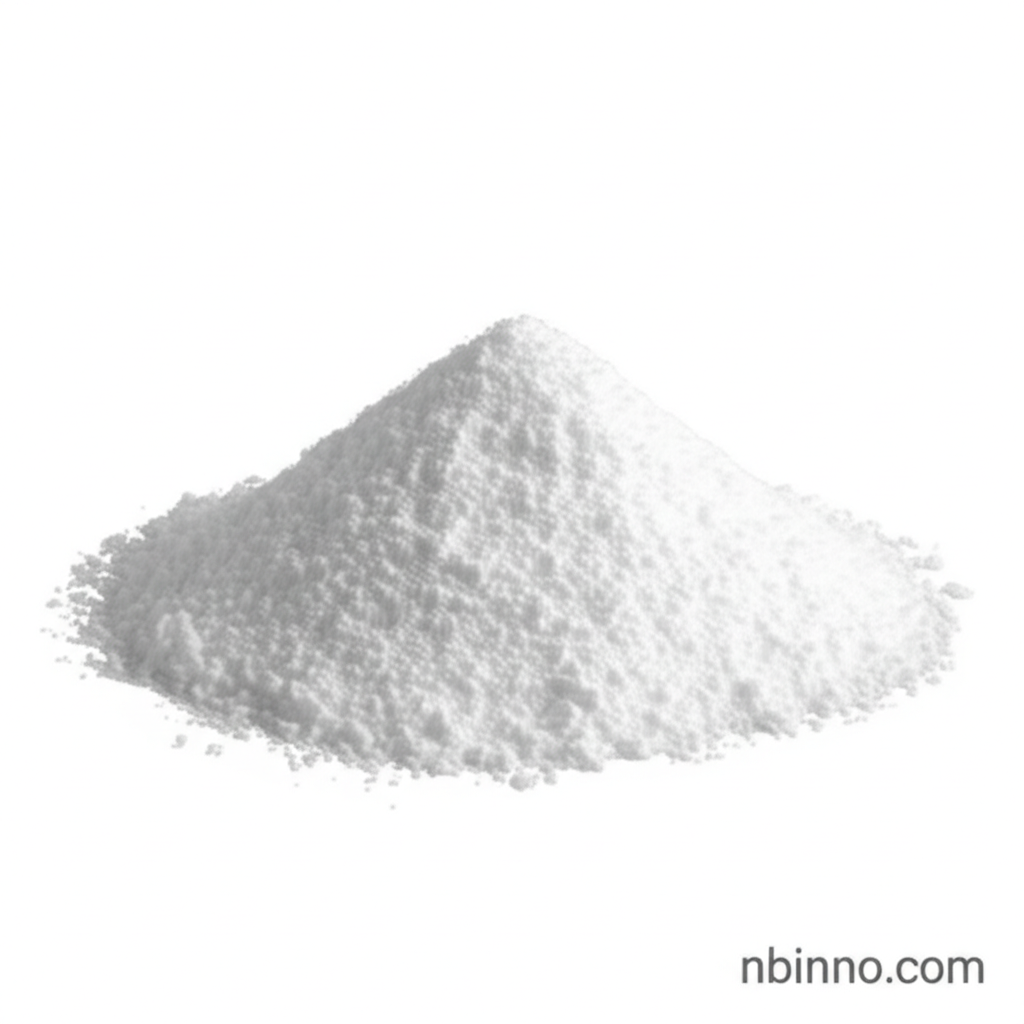Creatine Phosphate Disodium Salt: A Vital Energy Substrate for Cellular Function and Biomedical Research
Discover the critical role of Creatine Phosphate Disodium Salt (CAS 922-32-7) in cellular energy buffering and its applications in advanced biomedical research. As a key component in ATP regeneration, this compound is indispensable for high-energy demand tissues and is sought after by researchers globally. Explore its properties and sourcing with us.
Get a Quote & SampleUnlocking Cellular Energy: The Power of Phosphocreatine Disodium Salt

Creatine Phosphate Disodium Salt
As a leading manufacturer and supplier of high-purity biochemicals, we provide Creatine Phosphate Disodium Salt (CAS 922-32-7), a vital research chemical that acts as a substrate for creatine kinase. This compound is essential for the rapid regeneration of ATP, serving as a critical energy buffer in tissues with high and fluctuating energy demands. When you choose to buy from us, you are assured of quality and reliability for your scientific endeavors. We offer competitive pricing for bulk purchases from our China-based facilities.
- High Purity: Our Creatine Phosphate Disodium Salt is available with a purity of ≥97%, meeting stringent research requirements.
- Essential Energy Substrate: Crucial for ATP regeneration, it supports cellular function in research settings.
- Wide Applications: Ideal as a substrate for creatine kinase assays and for studies in cellular bioenergetics.
- Trusted Manufacturer: Source with confidence from a reliable supplier committed to quality and scientific advancement.
Key Advantages of Creatine Phosphate Disodium Salt
Efficient ATP Regeneration
This compound directly participates in the reversible phosphorylation of creatine by creatine kinase, facilitating rapid ATP replenishment, a critical process for energy-intensive cellular activities and a key focus for researchers investigating cellular energy metabolism.
Crucial for Bioenergetic Studies
As a well-characterized substrate for creatine kinase, it is invaluable for researchers studying enzyme kinetics, metabolic pathways, and the phosphagen system, providing reliable results for your experiments when you buy from reputable suppliers.
Biomedical Research Support
Its role in cellular energy buffering makes it a subject of interest in various biomedical research areas, including muscle physiology and neurobiology. Partner with a trusted supplier to secure high-quality material for your critical research projects.
Applications in Scientific Research
Enzyme Assays
Utilized as a standard substrate for the accurate assay and kinetic studies of creatine kinase, ensuring reliable performance in your laboratory when purchased from a trusted manufacturer.
Cellular Bioenergetics
Investigate the dynamics of cellular energy metabolism and ATP buffering systems, a key area for understanding various physiological and pathological conditions.
Muscle Physiology Research
Study the mechanisms of energy supply and utilization in muscle tissue, essential for understanding muscle function and fatigue.
Neuroscience Research
Explore the energy demands and metabolic support in neural tissues, contributing to a deeper understanding of brain function.
